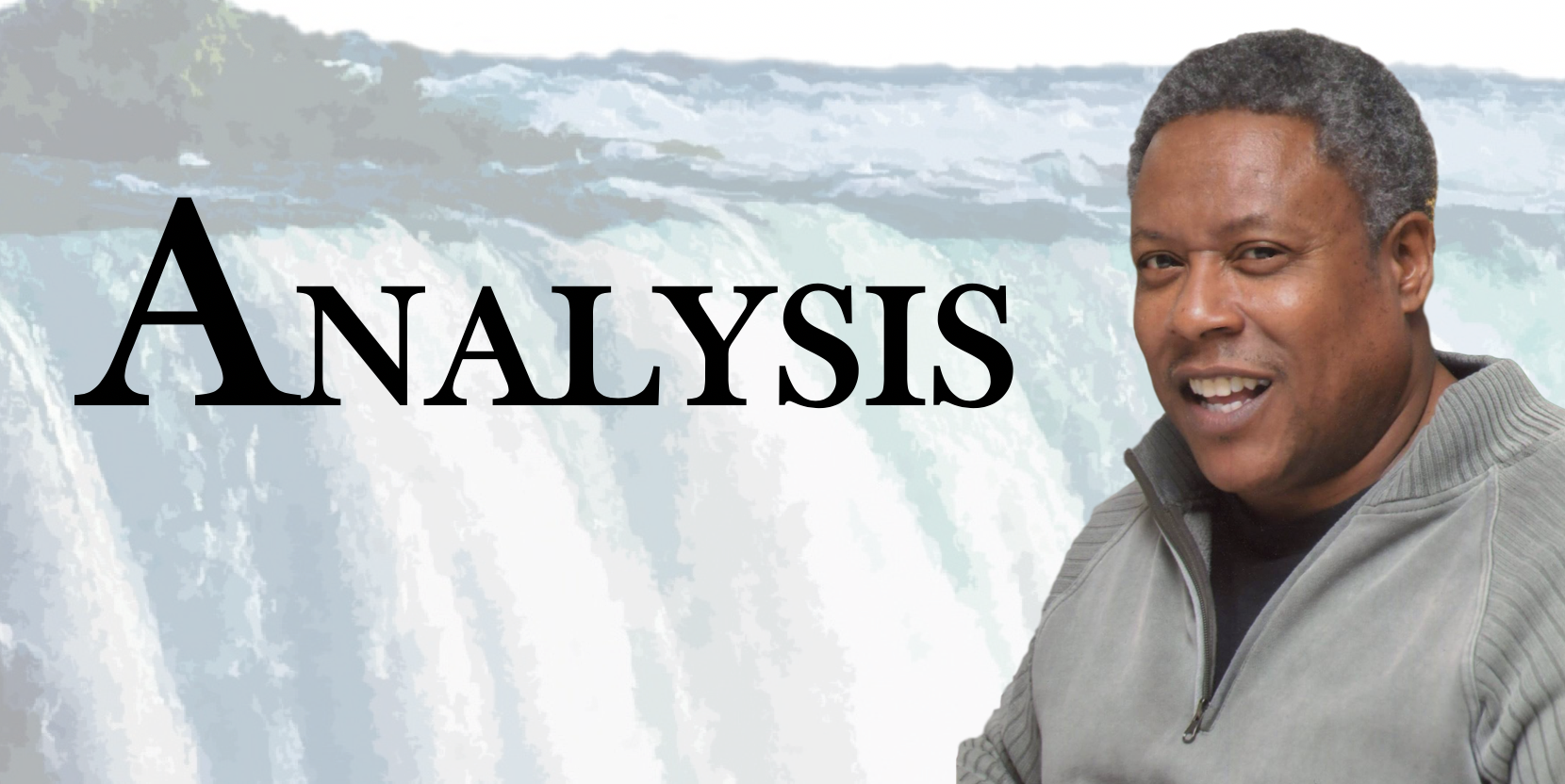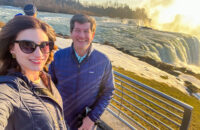Please click the link below to subscribe to a FREE PDF version of each print edition of the Niagara Reporter
http://eepurl.com/dnsYM9

By: Ken Hamilton
Are city residents and businesses getting the same results and making the city go into the same direction because we are asking the same similarly selected candidates the same similarly wrong questions? Are we mis-evaluating?
After a very enlightened conversation with Jeff Flach, I say yes. Not only did the former psych-ops officer reiterate things that I already knew, but he also helped me to further understand the nuances that I had observed during my 40-years of political involvement in the city. I want to share those insights with you so that you ask the candidates the right questions. It would behoove the candidates to understand the insights to better understand their job descriptions, responsibilities and limitations.
Too often, the questions we ask and what we want from our government are either asked of the wrong governments or about real governmental and policy symptoms that don’t lead to real solutions that can actually improve the city or the person asking the question. And whose fault is it; the candidates, the voters, residents, citizens or constituents, the non-voters or all of us? Take note, we can all be in one or more of the aforementioned categories either at once or at different times.
Currently, most readers are concerned about whose running for the top job in their district. For Niagara Falls, it is the mayor’s position. Three people have publicly announced that they are in the hunt for that job: in alphabetical order, Republican Glenn Choolokian and Democrats Seth Piccirillo and Robert Restaino.
But what happens all too often, we shop for politicians like teenaged girls shop for automobiles – by what they seem to be and not by the nut and bolt performance values that really count, not by what they are to be used for and not by how well they have demonstrated that they can perform what they tout.
But do the questions that we ask them lead us to understand that they can perform as they state, and often times, misstate, what they can and are going to do?
The answer is no; and we get amiss results because we ask amiss. Isn’t it funny how we have the most powerful military in the world and some of the brightest Americans operating it, and yet our government is not of the same quality? The reason for that is that there are specific qualifications that every candidate for military service must meet and standards that every military man and woman know, understand, and exercise. Unfortunately, the political world isn’t like that; and those who select the politicians are in no wise political recruiters or employment head hunters.
Flach explained that our failure as citizens is in our misunderstanding of problem solving; and selecting politicians is in deed a problem – our last presidential election is evidence of such on both sides of the political equation.
There are several elements that we must understand when we ask anything of the candidates, especially those who are to rise into office:
Is what we are asking of them something that they have the responsibility and the authorization or power to do? Do they have the demonstrated skill set to actually do what we ask? Is what we ask the root problem of the issue that we are trying to solve? Is it in the general good of the residents, or just some special constituent group that they serve? What other problems may be created by them solving the problem?
And there’s more.
And once the candidate is elected, there’s also an evaluation process that they should go through, even before deciding to solve “the problem”, and much of it is similar to the previous process that the voters should have put them through.
1. Upon the evaluation of having the responsibility and authorization or power to accept the issue, ask as to who, what, when, where, and why is it really a problem.
2. Gather the information: the facts, assumptions and interests.
3. Develop Criteria by screening and evaluation.
4. Generate “possible” solutions.
5. Analyze the possible solution by asking if the solution achieved the desired state.
6. Compare possible solutions to determine the best solution.
7. Make and actually implement the decision.
8. Like it says on the shampoo bottle, “rinse and repeat if necessary.”
That’s how both Flach and I did our military jobs – and helped to keep America safe, and how Niagarans should do to keep our area safe.
The problem with the city isn’t really many of the issues that are expressed to the politicians; those things are simply symptoms of the problem of a lack of evaluation on the selection, election of candidates, and their zeal to improperly solve and compound many problems that, in many cases, aren’t in their purview, for which they are not empowered, or aren’t really problems at all, they fail the process of proper evaluation. It is so because we don’t properly evaluate the candidates in the first place that should be doing the evaluation, and we have to get better at asking our politicians the right questions so that they do likewise.























